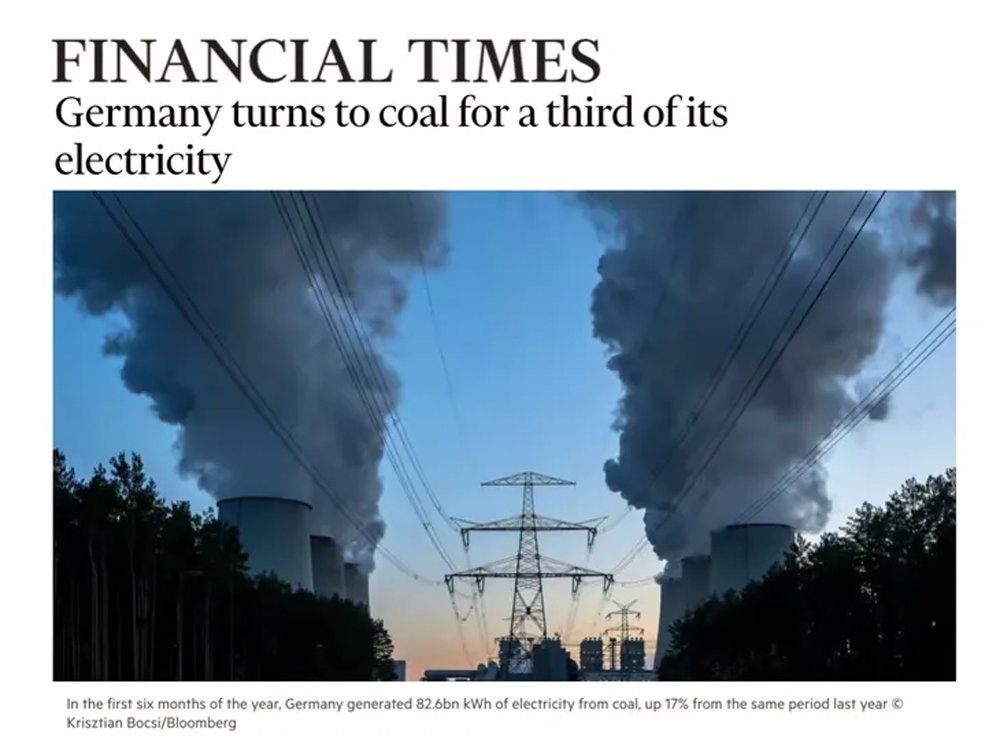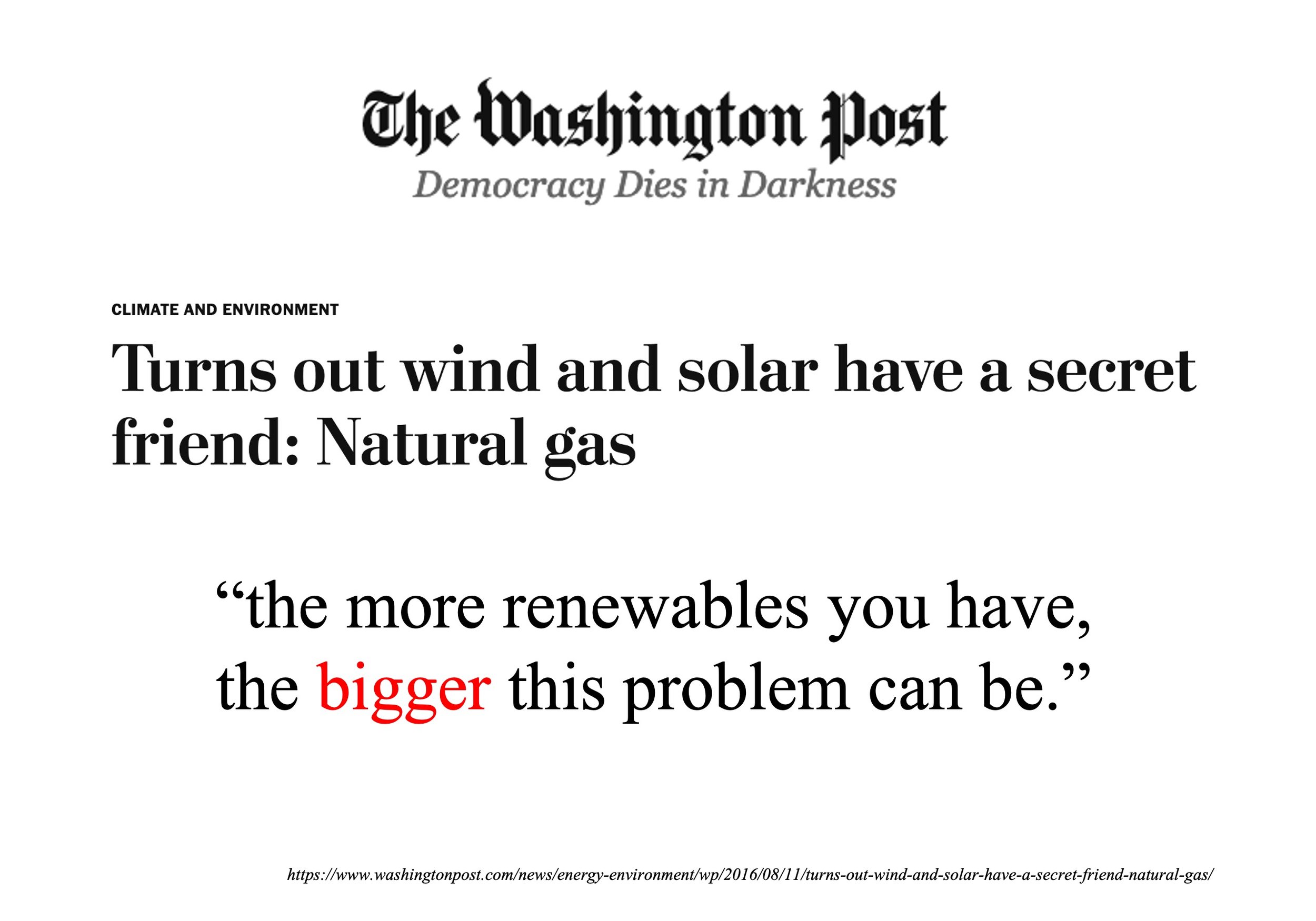The Ocean &
Climate Change
The Importance of the Ocean
The Ocean is the Earth’s Circulatory System
Ocean currents are the lifeblood of the planet. They stabilize global temperatures, circulate oxygen, and redistribute nutrients. Both the Gulf Stream[1] and the Atlantic Meridional Overturning Circulation (AMOC)[2] have been slowing down. When these currents lessen, sea levels rise. The Atlantic Ocean experiences an oscillation, much like the El Nino in the Pacific Ocean. These oscillations influence weather patterns across the globe.[3]
[2] Goddard et al. 2015, Nature Communications.
[3] Hurrell, J, 1995, Science.
Phytoplankton, the World’s Largest Producer of Oxygen
Phytoplankton use sunlight and carbon dioxide to exist. The byproduct of this “life” is oxygen. As a result, phytoplankton create 50% to 70% of the world’s oxygen, more than all of the rainforests on the planet. Unfortunately, phytoplankton don’t grow everywhere. They primarily grow along the continental shelves, the very place where we intend to install thousands of turbines. The “industrialization” of continental shelf waters significantly reduces the amount of phytoplankton.
Healthy Oceans Combat Climate Change
According to the United Nations, the ocean is our best protection against climate change.[1] Projects that harm the ocean, decrease biodiversity, or alter currents will potentially accelerate climate change and thus, are not real solutions. Any effective solution for climate change will need to protect, not harm the ocean.
Offshore Wind Energy & Climate Change: What does the US Government Say?
No Benefit, Not Even a Collective Benefit
“Overall, it is anticipated that there would be no collective impact on global warming as a result of offshore wind projects, including the Proposed Action alone, though they may beneficially contribute to a broader combination of actions to reduce future impacts from climate change.”
Vineyard Wind FEIS Quote
No Change
“Ongoing trends associated with climate change, including increases in water temperature, ocean acidification, changes in runoff and circulation patterns, and species range shifts, are expected to continue.”
Climate Change will continue, unchanged, despite offshore wind projects.
Not Building Offshore Wind Would be Better for the Environment
“Adverse environmental impacts in the Project area would generally be less under Alternative A (No Action)...”
Revolution Wind Record of Decision
RWF, Record of Decision, page 20.
Yet, the government permitted the project anyway.
Offshore Wind & Climate Change: What else do we know?
Offshore wind projects will contain significant amounts of sulfur hexafluoride (SF6), a Greenhouse gas 23,500 times more potent than CO2.
Scotland has outlawed this toxic gas, why is BOEM allowing foreign companies to house it in the substations off of our shores?
What do the developers claim?
The developers, themselves, never claim offshore wind will help climate change.
Revolution Wind Fact Sheet
This fact sheet from the Revolution Wind website demonstrates that they never claim to help climate change, they merely state the project will help RI and CT meet their mandates.
What do the energy analysts predict?
Miles Bidwell, Ph.D., an economist with expertise in the energy sector, warns that offshore wind will never help global warming.
The Myth of Offshore Wind
Miles Bidwell’s paper titled, The Myth of Offshore Wind CO2 Reduction, explains why intermittent power will not help climate change, nor will it reduce CO2.
Has Wind Energy Reduced the Use of Fossil Fuels?
Fossil Fuel Use
Based on Europe’s experience, renewables without adequate battery backup, do not reduce fossil fuel consumption.
Why Are Carbon Emissions Up?
By Holman W. Jenkins, Jr., The Wall Street Journal
Renewables have not decreased our use of fossil fuels. We cannot blame this on China. They were in lock-down due to the COVID-19 pandemic during this time period.
Coal Use in Germany
When Russia turned off the gas, Germany resorted to burning coal and wood because renewables are intermittent and require a constant backup source of electricity. Unable to rely on wind, Germany restarted previously defunct coal plants and dismantled wind turbines to access coal reserves.
In Germany, wind turbines are being torn down to make way for a coal mine—and RBC is financing it.
By John Woodside, Canada’s National Observer
Germany's Dependency on Fossil Fuels
In theory, Germany has the capacity to produce twice as much electricity as it needs with renewables, yet it still requires coal, wood and natural gas for its electricity. Read why wind power without battery storage will not decrease our dependence on fossil fuels.
Wind Integration: Does It Reduce Pollution and Greenhouse Gas Emissions?
By Mary Hutzler, Power Magazine
Has Offshore Wind Energy Protected Nature?
Denmark's Hidden Emissions
Denmark imports and burns wood for a quarter of its electricity needs. The emissions from this practice are worse than burning coal.
Biomass Consumption in Denmark and the Hidden Emissions
Denmark does not count the emissions from wood burning, nor the carbon cost of imparting this wood in its overall carbon calculations.
Deforestation in Europe
Unable to sustain itself on renewables and without natural gas from Russia, Europe turns to burning its old-growth trees.
Europe is Sacrificing its Ancient Forests for Energy
By Sarah Hurtes and Weiyi Cai, The New York Times
Governments bet billions on burning timber for green power. The Times went deep into one of the continent’s oldest woodlands to track the hidden cost.
California’s Renewable Efforts Fail to Decrease CO2
In the past 7 years, as California has added renewable energy to its grid, the average overall carbon cost of each KWh of electricity has stayed the same.
California’s Electricity Disaster in Seven Charts
By Robert Bryce
Will offshore wind reduce CO2 emissions?
The Intermittency Problem
Without adequate battery backup, offshore wind will require 100% backup capacity at all times.
Turns out wind and solar have a secret friend: Natural gas
Analysis by Staff writer Chris Mooney, The Washington Post
What happens when the wind dies?
When the wind dies, traditional power plants will have to cycle up immediately to supply electricity to the grid during this period.
Out to Sea: The Dismal Economics of Offshore Wind
By Jonathan A. Lesser
Jonathan Lesser, Ph.D., describes the economics of offshore wind.
Inefficient Back-up Power
Traditional power plants will have to cycle up and down to accommodate fluctuations in wind power. This forces traditional power plants to operate inefficiently. Such inefficient operation will emit more CO2 for less electricity.
Wind Turbines Wont Help Reduce Carbon Emissions
By Benjamin C. Riggs, Jr. Captain, U.S.N. (ret) Newport
We need solutions, not false promises.
Conservation
Cars, home heating, and airplane traffic are not the only contributors to green house gases (GHG). Cryptocurrency, artificial intelligence, and internet servers consume vast quantities of electricity. Intermittent sources of electricity such as wind and solar will only stress our grid, not strengthen it. We need to think about preserving nature, not exploiting it.
Soil Management & Microbes
Soil management may not seem like a glamorous solution, but some scientists suggest microbes [1] and soil management [2] have a previously unrecognized impact on climate change.
[1] Michel, et al., PNAS, 2024.
[2] Shelton, YaleNews, 2023.
Small Modular Nuclear
Small modular nuclear reactors (SMRs) impose the smallest footprint on the environment with the largest potential benefit. They produce steady electricity in 1/200th of the space. Sweden has abandoned wind farms in favor of nuclear energy. The US would be wise to follow suit.





















